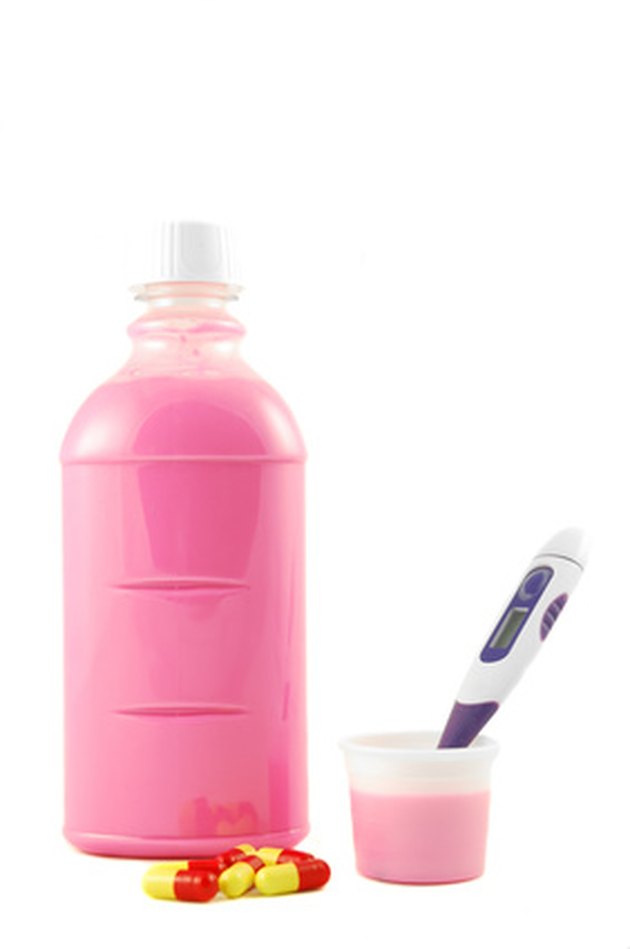

TELL YOUR DOCTOR ABOUT ALL THE MEDICINES YOU TAKE OR HAVE TAKEN IN THE LAST 14 DAYS, including prescription and over-the-counter medicines, vitamins, and herbal supplements. Do not breastfeed while taking SYNDROS and for 9 days after your last dose of SYNDROS if you are being treated for nausea and vomiting caused by anti-cancer medicine. Talk to your doctor about the best way to feed your baby if you take SYNDROS. It is not known if SYNDROS passes into your breast milk. The Centers for Disease Control and Prevention recommends that mothers with HIV not breastfeed because they can pass the HIV through their breast milk to the baby.

#Anti nausea medication skin#
Signs and symptoms of an allergic reaction to dronabinol include: swelling of the lips, hives, a rash over your whole body, mouth sores, skin burning, flushing, and throat tightness. had an allergic reaction to dronabinol.Selling or giving away this medicine is against the law. Never give your SYNDROS to anyone else because it may cause death or harm them.

Keep your SYNDROS in a safe place to protect it from theft. SYNDROS is a controlled substance (CII) because it contains dronabinol which can be a target for people who abuse prescription medicines or street drugs. Loss of appetite (anorexia) in people with AIDS (Acquired Immune Deficiency Syndrome) who have lost weight.Nausea and vomiting caused by anti-cancer medicine (chemotherapy) in people whose nausea and vomiting have not improved with usual anti-nausea medicines.SYNDROS is a prescription medicine used in adults to treat:.“We need larger studies to determine if this could become a standard pre-treatment regimen. “These findings suggest that outpatient DEB TACE could be possible with premedication and a low incidence of hospital readmission for PES this could allow the patient to recover more comfortably in their home and save both the patient and the hospital time and money,” Makramalla said. Makramalla noted that 108 treatments (96.4%) were found to be successful, and did not develop post-procedural PES that required hospitalization. “Of the 113 DEB TACE procedures, only 5 patients (4.4%), were admitted for PES,” Makramalla said. Discharge medications included painkillers, an antibiotic, and anti-nausea drugs. Patients were given premedication with dexamethasone, a steroid, and fosaprepitant.Īfter the procedure, patients were given anti-nausea medication, as well as painkillers, as needed. The findings were presented at the World Conference on Interventional Oncology.Ī small sample size consisting of 113 consecutive procedures in 71 patients were used. Researchers used a database that contained patients from the University of Cincinnati College of Medicine to examine liver cancer patients who had undergone DEB TACE over a 23-month period.


 0 kommentar(er)
0 kommentar(er)
